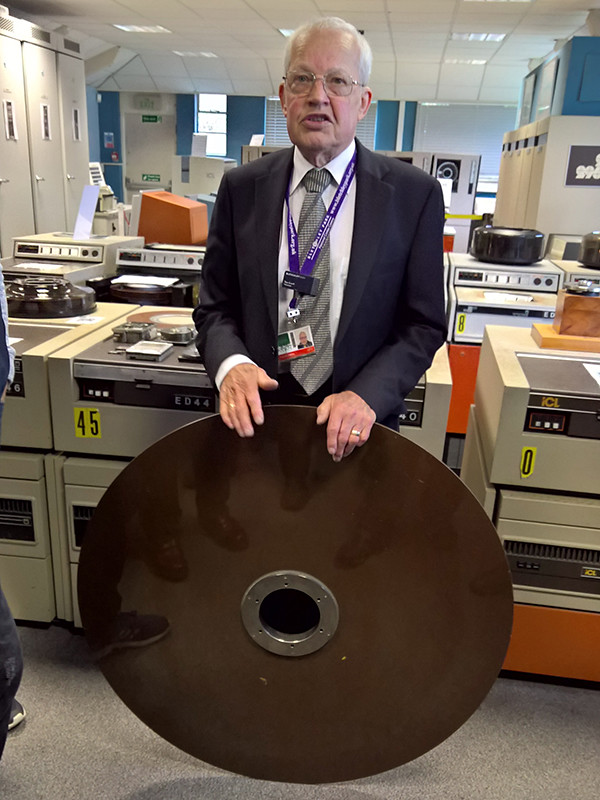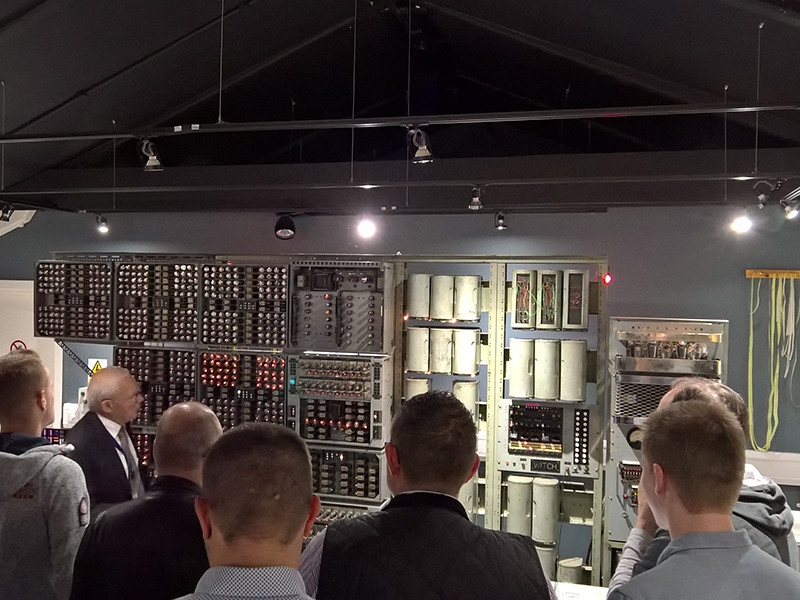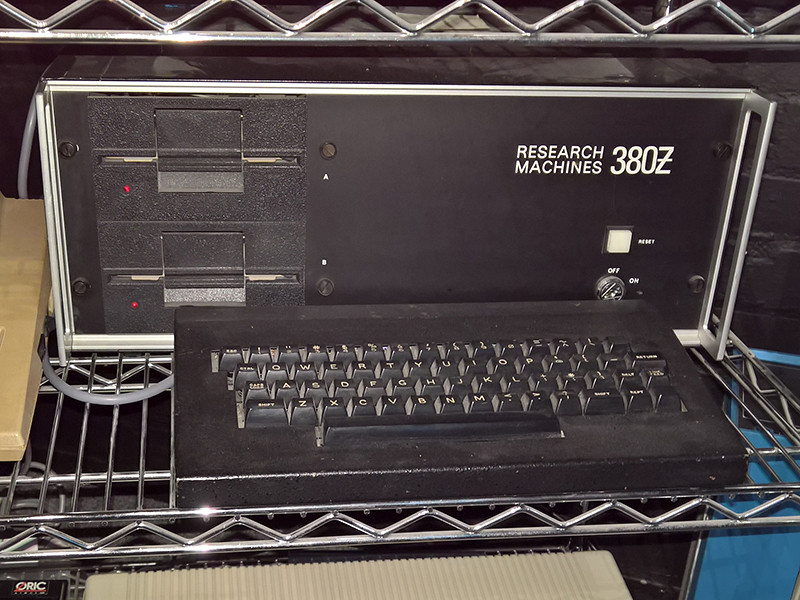|
|
Post by MartinT on Jun 1, 2016 7:00:30 GMT
I went on a trip with the ANME (Association of Network Managers in Education) yesterday to the TNMOC on the Bletchley Park estate. While the rickety buildings are not promising, there is a treasure of working and static computer displays inside. If you are in any way geeky or have an interest in the history of computing, you need to put a visit into your planning. They have everything from the earliest working computer in the world (the WITCH) to the rebuilt Colossus to many early computers and calculators that take you back to an earlier age. They have a full ICL 2900 that my university had one of the earliest deliveries of and on which I did most of my degree project using punched cards. From Research Machines 380Z that were used in many schools that I used to service, to the Commodore Pet, Texas TI-59 programmable calculator, HP reverse notation calculators (I still have mine), PCs, games consoles and portable machines. This platter (below) came from the largest model disk drives ever made. They were a bit of a menace since the spinning momentum was huge and, when they came off their spindle, caused a great deal of damage! The capacity gives pause for thought: 4MB, or about one photo from a modern camera.  www.tnmoc.org/ www.tnmoc.org/ |
|
|
|
Post by ChrisB on Jun 1, 2016 7:15:17 GMT
Fascinating. We do lose sight of how fast things have moved. Thank God for cheap and small storage!
|
|
|
|
Post by pre65 on Jun 1, 2016 8:00:03 GMT
I went to Bletchley Park last year on a coach trip, but I was the only one to actually visit the computer museum tucked away at the rear.
As you say, a most interesting place. 
The chap who gave me "the tour" was amused that I was still using valves in my hi-fi projects. 
|
|
|
|
Post by MartinT on Jun 1, 2016 8:27:29 GMT
They have some terrific transmitter valves in their valve display cabinet.
|
|
|
|
Post by MartinT on Jun 1, 2016 18:48:57 GMT
The Harwell Decatron (or WITCH) is the world's oldest working computer. It's fantastic and uses relays for memory and Decatron valves for display. It has 1/2k of 'RAM' and a clock speed of a few Hz!  I was trained in servicing the Research Machines 380Z, which was a Z80 based computer installed in many schools back in the early 1980s. Floppy drives only, and they built them using seconds and reject ICs to keep them 'cheap'. This caused my service company KODE endless problems, replacing bad ICs with good ones. I quickly developed a love/hate relationship (mostly hate) with RM and the 380Z and later 480Z models. I hadn't seen one in decades until yesterday.  |
|